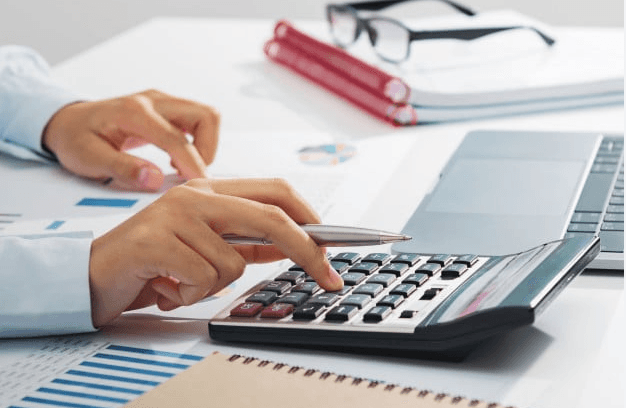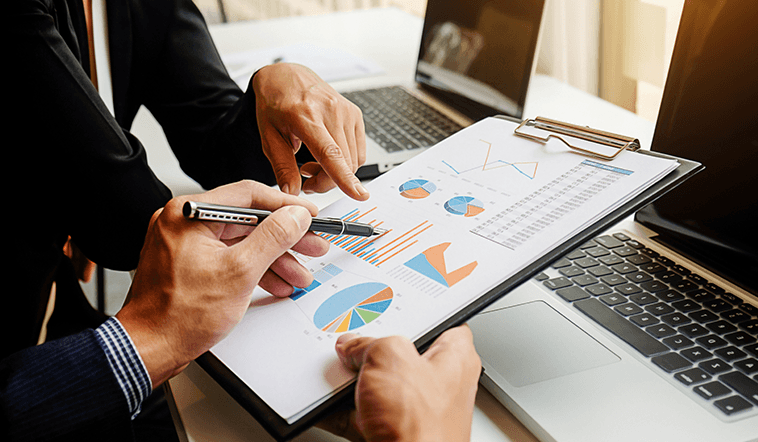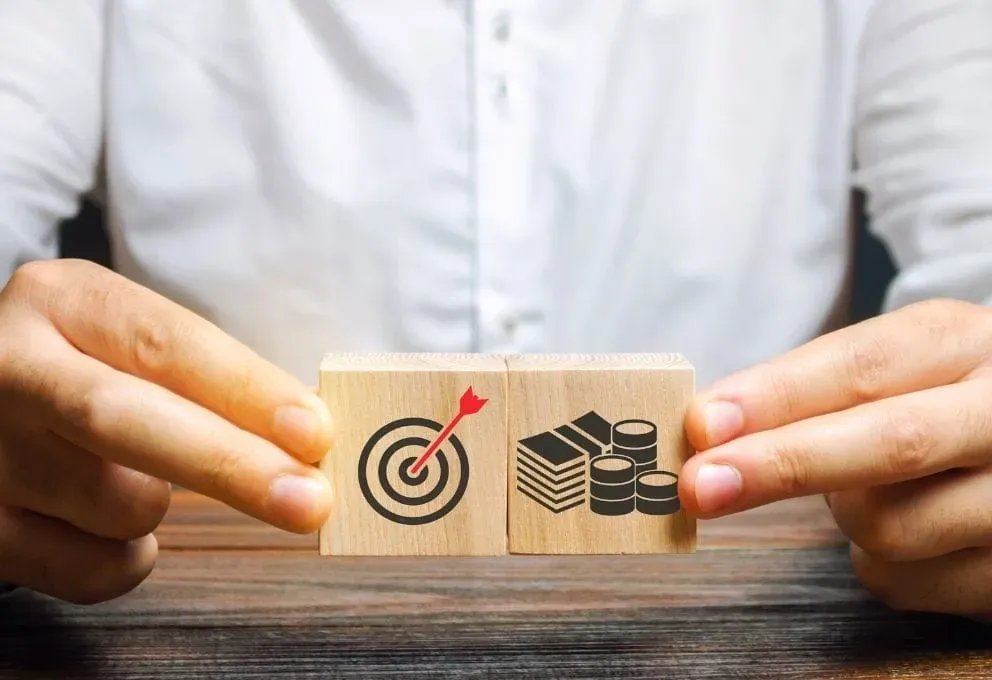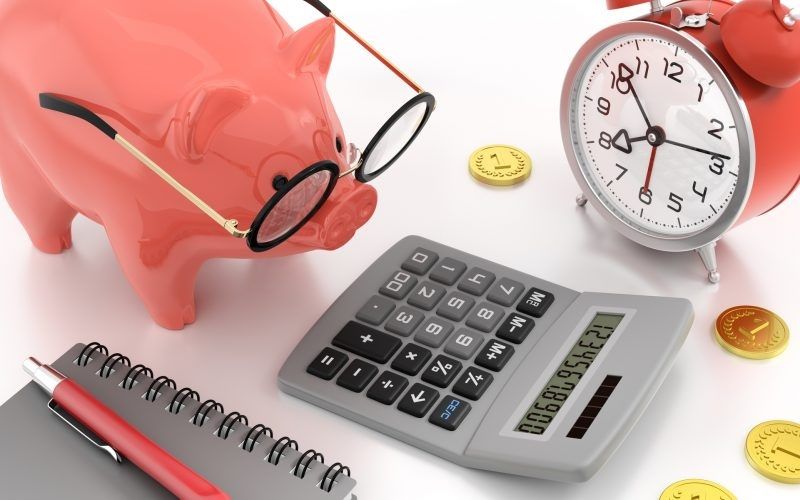
Having a budget is a fundamental tool to achieve good financial management and reach our economic goals.
A budget allows us to know our income and expenses, as well as to establish priorities and control our expenses.
Why is it important to have a budget?
A budget is a tool that allows you to plan and control your personal or business finances.

By establishing a budget, you can identify your income and expenses, and know exactly how much money you have available to spend in each category.
Having a budget helps you to:
- Have control over your finances: You know exactly how much money you have available to spend and in which categories. You can make more informed decisions about how to spend your money;
- Save money: By knowing how much you are spending, you can identify areas where you can cut back to save more money;
- Meet your financial goals: If you have a specific financial goal, such as saving to buy a house or a new car, a budget helps you plan your spending in a way that helps you reach your goal;
- Avoid unnecessary debt: By having control over your spending, you can avoid unnecessary expenses and make more informed decisions about whether or not to make a purchase.
Having a budget is not only important to keep your finances under control, but also to help you reach your long-term financial goals.
Steps to Budgeting
- Set your financial goals: identify your needs and priorities;
- Calculate your income: add up all the income you receive in a month;
- Calculate your fixed expenses: those that you must pay every month such as rent, utilities, etc;
- Calculate your variable expenses: those that vary from month to month such as food purchases, entertainment, etc;
- Establish an emergency reserve: allocate a portion of your income to a savings account for unforeseen events;
- Adjust your expenses: identify areas where you can reduce expenses and adjust your budget accordingly.
1. Establish your income
To begin with, it is important to consider how much money you receive each month.
This includes your salary, additional income such as bonuses or commissions, and any other sources of money you have.
2. Identify and categorize expenses
Once you have gathered all the information about your income and expenses, it is important to identify and categorize each one.
Categorizing will help you understand where your money is being spent and help you identify areas where you can reduce expenses.
3. Prioritize essential expenses and eliminate non-essential ones
Once you have identified your income and expenses, it is important to prioritize essential expenses, such as rent or mortgage, utilities, food and medical care.
Next, examine non-essential expenses, such as buying new clothes or going out to dinner frequently.
4. Set long-term financial goals
Once you have established a budget and identified essential and nonessential expenses, it is important to think about long-term financial goals.

Some of these may include:
- Saving for children's education;
- Saving for retirement;
- Buying a home;
- Paying off major debts, such as a student loan or mortgage.
It will also give you a sense of purpose and financial direction.
5. Update and review your budget regularly
Once you've created your budget, don't let it fall by the wayside. It is important to update and review it regularly to make sure you are following the plan and make adjustments as needed.
You can update your budget manually or use digital tools to help you keep track more easily.
It is also important to review your budget periodically to see if you are still on track.
Tips for maintaining a successful budget
- Constantly track your expenses;
- Reduce unnecessary expenses;
- Save a portion of your income each month;
- Set long-term financial goals;
- Don't get into more debt than necessary and avoid high-interest debts;
- Take advantage of offers and discounts to save money on your purchases;
- Create a contingency category in your budget for emergencies;
- Don't give up if you deviate from your budget, adjust your expenses and move on.
Keep track of your expenses
Once you've established a budget, it's important to keep track of all the expenses you make.
You can do this in a notebook or use specialized apps to help you keep more accurate control.
Do not spend more than you earn
It is essential to remember that a budget is based on your actual income and expenses.
Therefore, it is important not to spend more than you earn. If you don't have the money for something, don't buy it.
Instead, save for that goal. This way, you'll avoid falling into debt and financial trouble.
Adjust your budget as needed
A budget is never static. As life circumstances change, you may need to adjust your budget to accommodate them.

If an unexpected emergency arises, such as a car repair or medical bill, you may need to divert funds from other areas of your budget to cover the costs.
In general, it's a good idea to review your budget whenever you have a major change in your income or expenses.
If you need to make adjustments to your budget to stay on track toward those goals, don't hesitate to do so!






